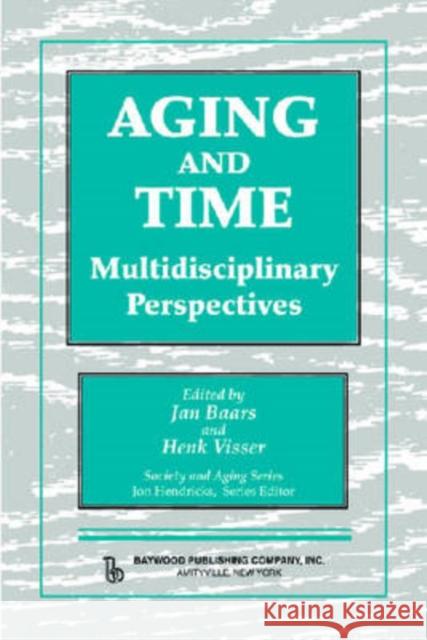Aging and Time: Multidisciplinary Perspectives, Illustrated Edition » książka
Aging and Time: Multidisciplinary Perspectives, Illustrated Edition
ISBN-13: 9780895033673 / Angielski / Twarda / 2006 / 216 str.
The aim of this volume is to revitalise the debate about the concepts of time implicit in the study of aging. The many problems related to aging and the aged put an enormous pressure on the gerontological community to come up with practical applications and solutions. In considering research findings, we must keep in mind the basic assumptions that shape and influence even the most obvious statements about aging. In this multidisciplinary volume, the contributors take on the important task of exploring real issues concerning temporal concepts and approaches to aging; and the concepts of time that are used in thinking about aging determine to a large extent the way aging is approached. Most studies of aging still use a chronological approach to define populations for research purposes (that is, to determine which "aged" should be studied) and to establish how people's characteristics (social, economic, health and so forth) change as a function of age. This approach may lead to an accumulation of data, but does not in itself lead to explanatory knowledge. The step from chronological time to chronological age should be taken cautiously if we want to consider aging processes seriously, especially because chronological age is widely used in contemporary societies as a basis for regulating all kinds of processes, with many consequences for individuals. The arguments presented here do not deny the finitude of human life, nor do they deny that "aging" can be observed in any individual if we compare the characteristics of that person over a relatively long period. The question is how to approach these themes to get a better understanding. To achieve this, we need to understand the specific significance and relativity of chronological time and uncover unfounded deductions about time in relation to aging. This book will be of interested to students and professors of the social sciences, humanities and aging, including the methodology of aging studies; professionals working in the field of aging, including sociologists, psychologists and biologists.











